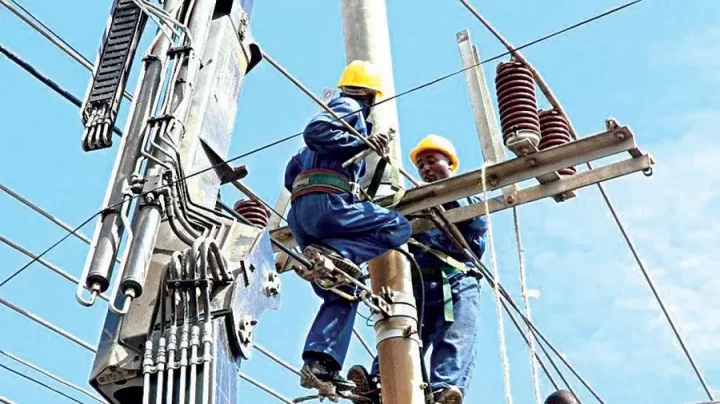
At the backdrop of a huge discrepancy between the number of feeders covered as Band A customers by electricity distribution companies (DisCos) and what was approved by the Nigeria Electricity Regulation Commission (NERC) the DisCos are now making moves to return some of the consumers to Band A to charge the new tariff.
Vanguard learnt that the DisCos had recorded 1,100 feeder coverage areas for Band A but NERC said the actual coverage area for the new tariff is only 480.
A source in one of the DisCos in Lagos told Vanguard that they are now working on increasing the number of Band A consumers to return those earlier removed by NERC back to Band A.
Recall that the NERC, on Tuesday, hiked the electricity tariff for Band A customers by 230 per cent from N68 per kilowatt hour to N225/kWh.
Band A customers are those who receive an average daily supply of electricity supply 20 hours or more. With the new order issued by NERC, Band A would no longer enjoy Federal Government subsidy on electricity.
Meanwhile, the new tariff regime is expected to reduce subsidy costs by N137.1 billion per month following the decision to raise tariff for about two million consumers by 230 percent.
Following the freeze in tariff annual subsidies payable by the government grew to N241.66 billion monthly, but the Nigerian Electricity Regulatory Commission, NERC, in the April Supplementary Tariff Order, has disclosed that the government would now spend only N104.6 billion monthly as subsidies.
Vanguard checks on the orders issued separately to the 11 electricity companies indicated that the government will pay the highest monthly subsidies of N18.95 billion in the four states (Niger, Kogi, Nasarawa and Federal Capital Territory) supplied by the Abuja Electricity Distribution company, AEDC.
Further breakdown showed that the government's monthly subsidy bill for customers in the other DisCos are Ikeja Electric (N17.03bn), Jos DisCo (N9.19bn), Kaduna DisCo (N9.76), Ibadan DisCo (N11.16bn), Enugu DisCo (N10.31bn), Benin DisCo (11.01bn), Yola DisCo (N6.86bn), Port Harcourt DisCo (N10.12bn), Kano DisCo (7.79bn) and Eko DisCo (N13.74).
The Commission in the orders explained that the new increase in electricity for the 1.9 million customers in Band A became necessary following changes in indices used in setting the tariff earlier in the year.
According to NERC, the new tariff is based on an inflation rate of 31.7 percent and foreign exchange rate of N1, 463.3 to a dollar. It said it expects energy supply to grow to 5,351GWh.
NERC raised the cost of power generation by 63 percent from N63.8/kWh to N103.9/kWh and cost of transmission & administration by 34 percent from N6.8/kWh to N9.1/kWh.
Speaking on the issue, energy expert, Prof. Yemi Oke said it was wrong for the government to continue to put money into the pockets of the power companies so that Nigerians would continue to get power no matter how little.
He added the government has started on a good path, stressing that "the coming on board of the structure that we are beginning to have in terms of electricity tariff will necessarily show that we are now ready as a country to do the right thing".
He explained that the decision by the government would boost liquidity for the sector, stating that the distribution companies have been operating at a huge loss leading to a significant rise in debts across the value chain.
"Ninety-five percent of the DisCos are technically insolvent, meaning they have never been able to sufficiently generate money that will cover their loss with profit. A lot of them are exposed in terms of lending, a lot of them are under receivership and whichever way you look at it, the power sector is challenged", he added.
In his reaction to the hike, the President, of Nigeria Consumer Protection Network, Mr. Kunle Olubiyo warned that DisCos would capitalize on the new order to increase tariffs across the board.
He wrote: "NERC folks simply played with words and played on the psyche of the public. The Distribution Companies would naturally increase electricity tariff unilaterally and this will undoubtedly cut across all bands and cost inputs and variables of inputs of production are universally benchmarked".
On his part, Prof. Wumi Iledare, Professor of Petroleum Economics and Policy Research, said: "New tariff is perhaps based on the increase in the wellhead price for gas. We must agree, however, N68 per KWhr is a price ceiling significantly below the market clearing price. N68 is also not anywhere close to the fair return price of an economic good with decreasing marginal cost and average cost curve.
"The social optimum price of electricity is also not N68 Naira either. So, NERC had to do something apolitical, which ought to have been done long before now but for institutional capture and political expediency, which beclouded their good judgment for too long. So it is better late than never. I guess the commissioners have come to understand the facts better than before.
"The accuracy of the tariff is conjectural because of the many unknowns. It is perhaps arrived at based on assumptions and facts within the context of the pricing model applied. I am hopeful that as more facts become available, the pricing model will be recalibrated in a self-adjusting manner! If what I am reading in the media is correct there is a price discrimination application based on daily supply hours. Such mechanism is not unusual in a segregated market demand structure for power.
"That NERC did not take input from the public is quite debatable. It depends on the definition of the phrase public input from media or NERC perspective within the context of Nigeria. Public hearing is usually mandatory a competitive economy, but institutions in Nigeria are yet to let go of the dictatorial propensity and transactional leadership tendency in governance."
Similarly, the Executive Director, Power Up Nigeria, Mr. Adetayo Adegbemle, said: "Many of the maximum demand users (industries and productive users of electricity) are covered under Band A feeders - thereby catalyzing industry as a vehicle for economic development. This increased energy supply to these feeders will reduce their net energy spend because otherwise, they would have to depend on diesel gensets which cost twice the cost of grid energy per kWh."
He also noted that "This tariff design is intentionally designed to be pro-poor. The Commission has reviewed the areas that are proposed for review, and they are generally the areas where consumers have higher affordability levels compared to other areas.
"Notwithstanding, the DisCos have a universal obligation to ensure that service is delivered to customers, and as part of this reform, they will be given clear Key Performance Indicators that envisage an upward migration of a certain number of feeders to band A every quarter, thereby improving the overall level of service to their customers under their franchise area."
Not sure it applies to manufacturers - MAN
Meanwhile, reacting to the new tariff regime, Segun Ajayi-Kadir, Director General of the Manufacturers Association of Nigeria (MAN), said that the tariff hike does not seem to apply to heavy users like manufacturers.
He however, said consultations are ongoing to get full clarity.
Speaking to Vanguard, Ajayi-Kadir stated: "It is not clear those who are affected and I am still consulting, together with understanding the underlying issues.
"It does not appear to have a blanket application for heavy users like manufacturers, who are majorly maximum demand users. I will revert when we have full clarity."

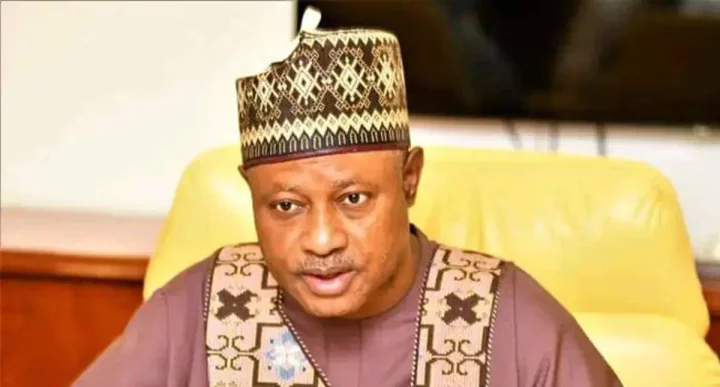
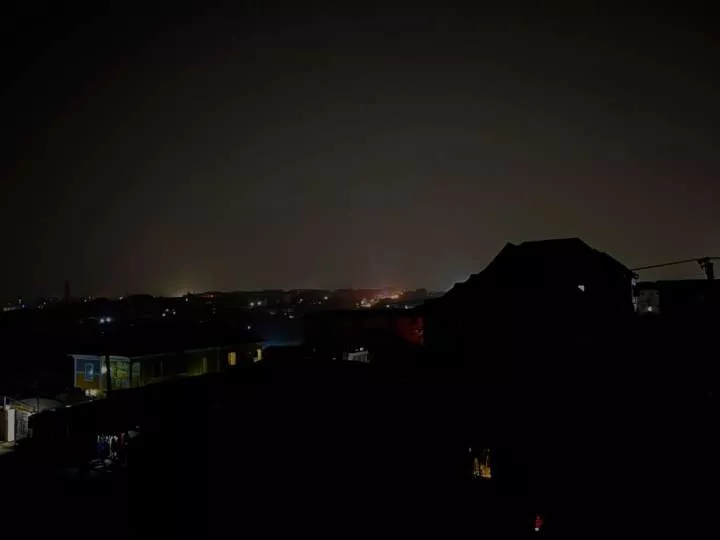
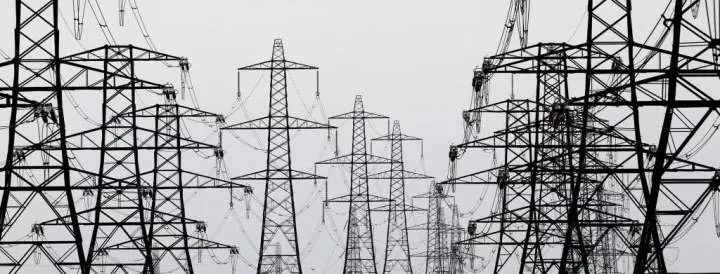
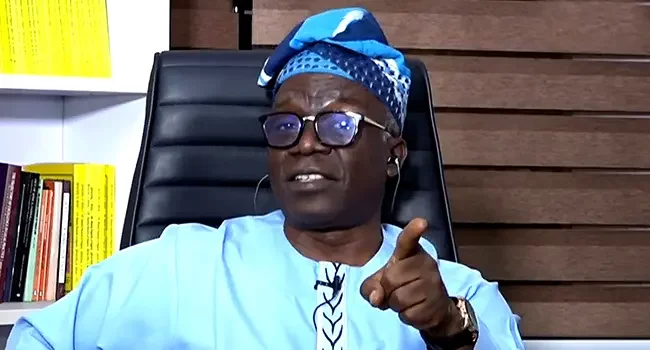
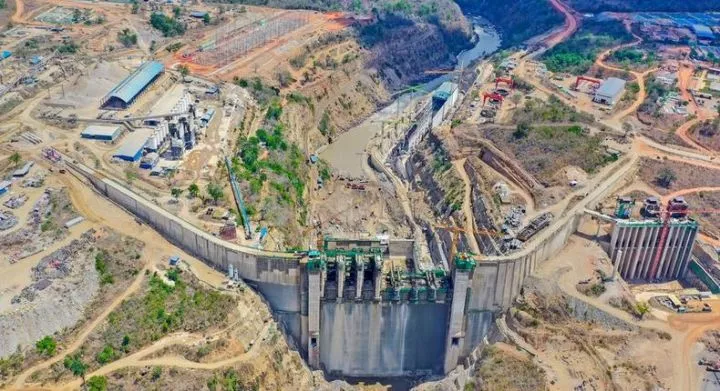
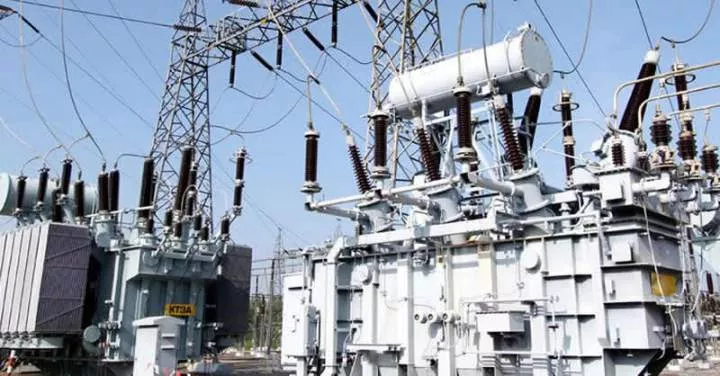
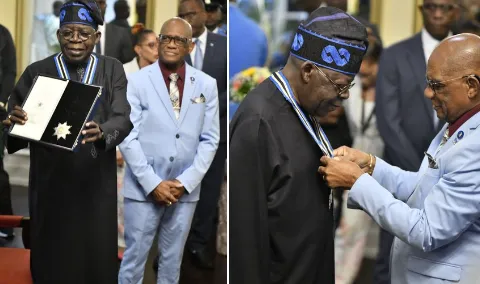




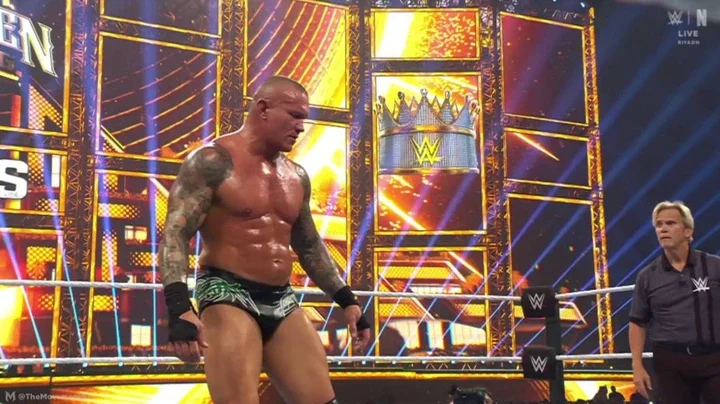




Comments